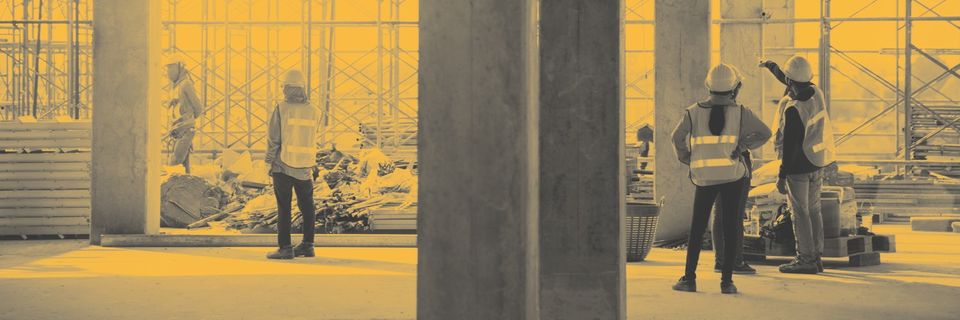
Artificial Intelligence (AI) algorithms can provide a framework to evaluate the chaotic nature of a real-world jobsite. For example, an AI system can take vast lakes of incoming data and optimize millions of project scheduling options to give Project Managers better tools for making decisions. Join us on Wednesday, May 12th, as we focus on actionable insights from AI to improve productivity and increase margins with Buildots and McCarthy. This presentation will give concrete examples, both tactical and strategic.
Project Management is like Chess…
In chess, each player has 16 pieces to start. White pieces move first. They can move as a second-row pawn, a knight, etc. If you are playing as the second player, how do you best respond to the rapidly changing board conditions? A chess game can be played out in so many moves (10120) – even modern supercomputers would take decades to solve all possible outcomes. That was a big reason the world thought chess was too complex and humans would always remain superior in chess. That was until Deep Blue, an IMB chess-playing computer, beat the best human grandmasters nearly three decades ago. AI learned patterns to segment trends and evaluate multiple outcomes in parallel. The disparity between AI and human decision-making for multiple decision outcomes has only grown with the ubiquitous nature of technology in our daily lives.
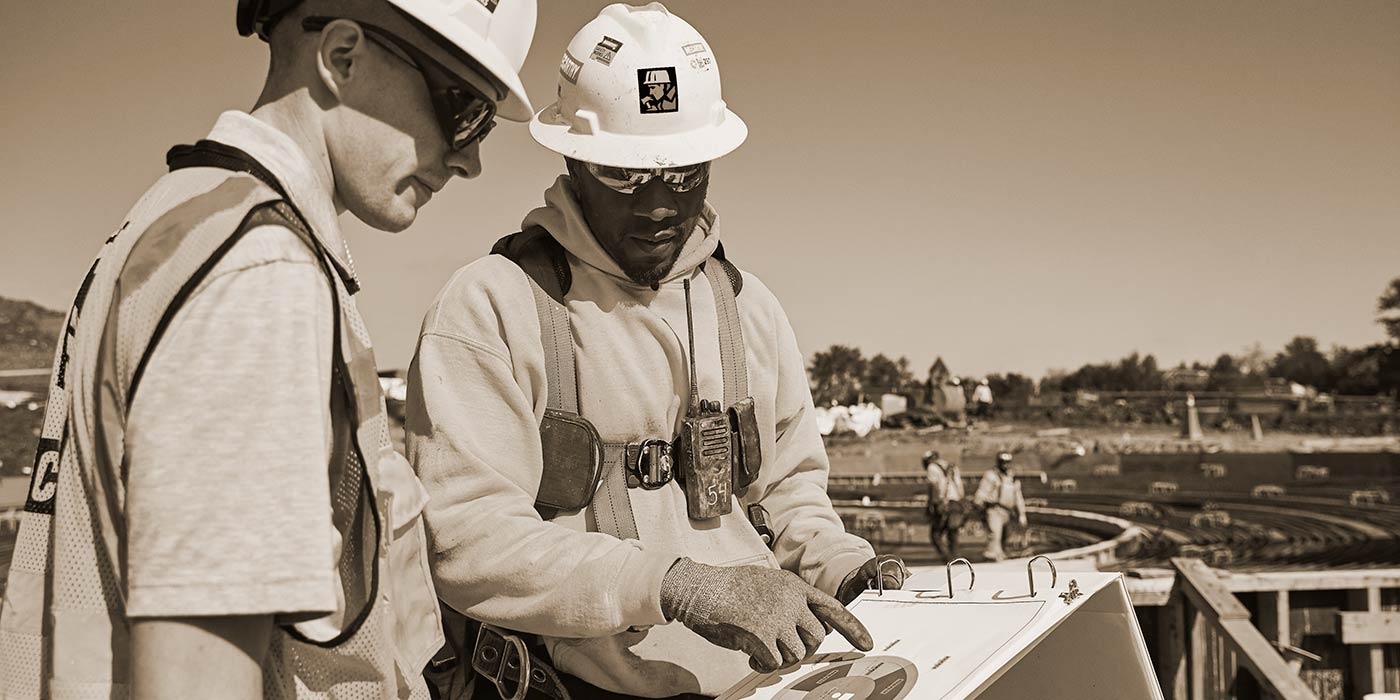
Project Management and construction are like chess. Schedulers must evaluate how to sequence different workstreams with different capabilities (the pieces) in a changing jobsite environment (the board). Construction must handle real-world ambiguities of the built environment and adequately respond to them. AI is a powerful tool that can help construction managers make better decisions. Because AI can evaluate more data streams, it can see your best options several moves ahead – giving you and your team a competitive advantage.
AI in Construction
Today, AI is more common than those of early chess-playing computers. Manufacturing, health care, automotive, and more are adopting AI more and more. For construction, there are several use cases: Scanning jobsites to recognize patterns for risk management, optimizing unitized and prefabricated components and proper installation sequencing, reducing jobsite delays for critical materials through supply chain optimization, and more. This discussion will focus on actionable, concrete examples of how using AI can give you a competitive advantage to finish projects under budget and on time.
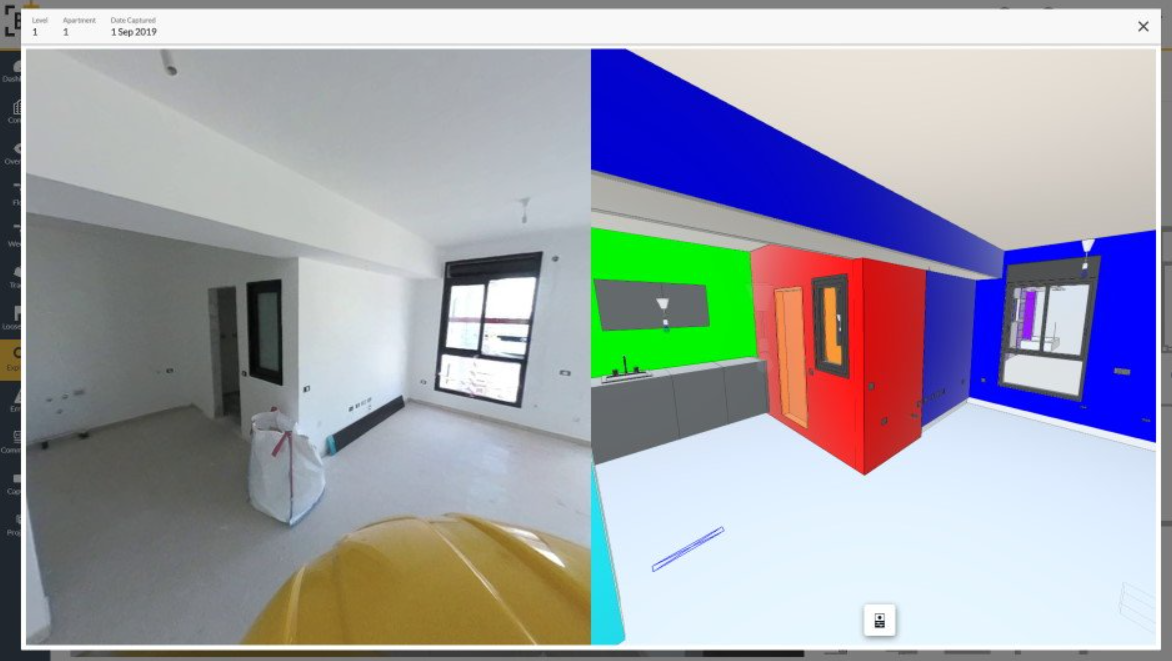
From our Experts:
The presentation will focus on actionable insights that are produced from data automatically gathered by AI and are used by construction managers on sites to improve productivity and increase margins. Aviv will use examples from his experience with Buildots, an AI-driven process monitoring and control system.
The presentation will give concrete examples, of both tactical and strategical insights given to managers, such as automatically identifying missing elements (i.e. a forgotten socket), receiving alerts of bottlenecks to come that could reduce productivity and create additional costs, and analyzing the throughput of the different activities, sub-contractors and project as a whole to identify what requires the attention of experienced managers.
Buildots
Aviv Leibovici, Co-Founder & CPO, will represent Buildots. Buildots digitizes the physical construction site and syncs up with a digitally managed environment. Through 360° hardhat-mounted cameras, tracking abilities enable decision-makers to make data-driven choices assisted by AI.
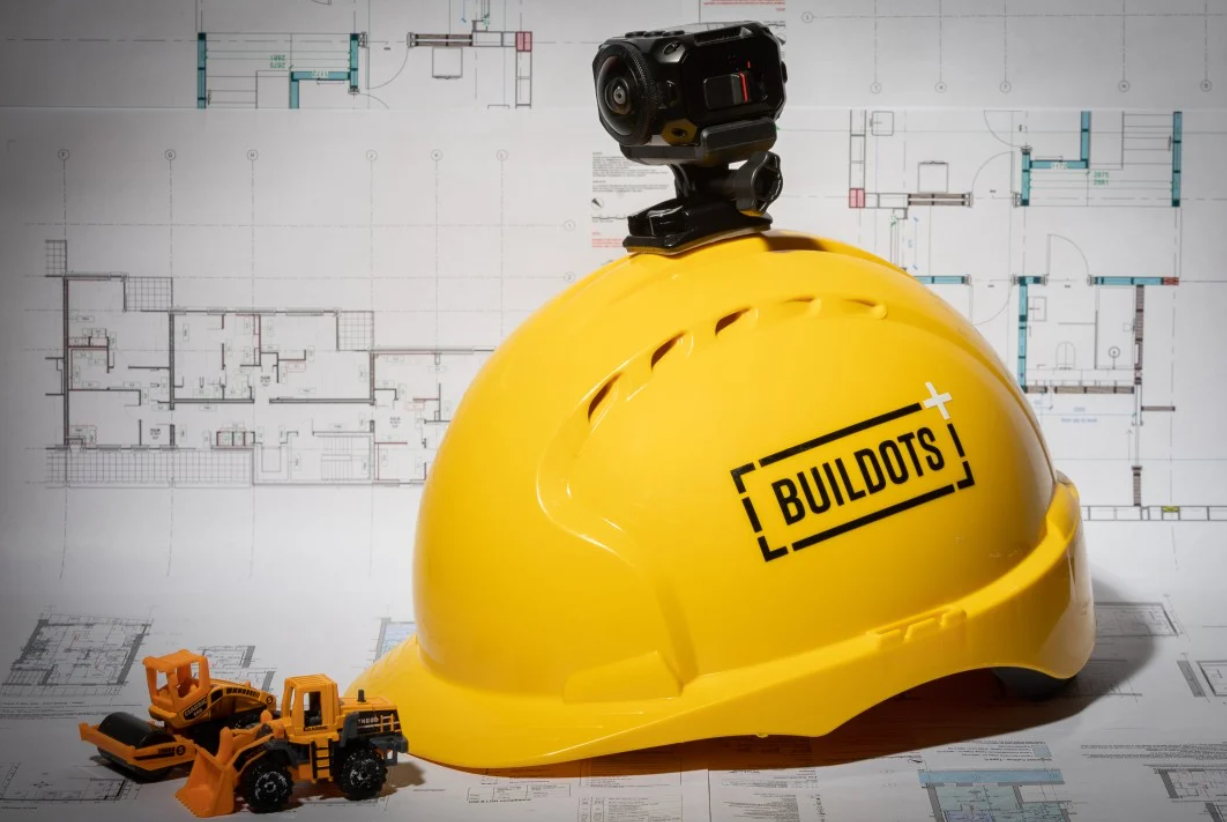
McCarthy
Kitty Lichtenstein, Innovation Analyst, will represent McCarthy. McCarthy is a nationwide construction company known for operational excellence to maximize client outcomes with lasting results and superior value.
Construction Technology at BuiltWorlds
AI will force us to rethink how we approach decision-making in construction. Several disrupters, from AI to robotics, additive manufacturing to IoT, will change the way we build. To learn more about construction technology, join our community of experts at our 2021 Construction Technology Conference on July 8th.
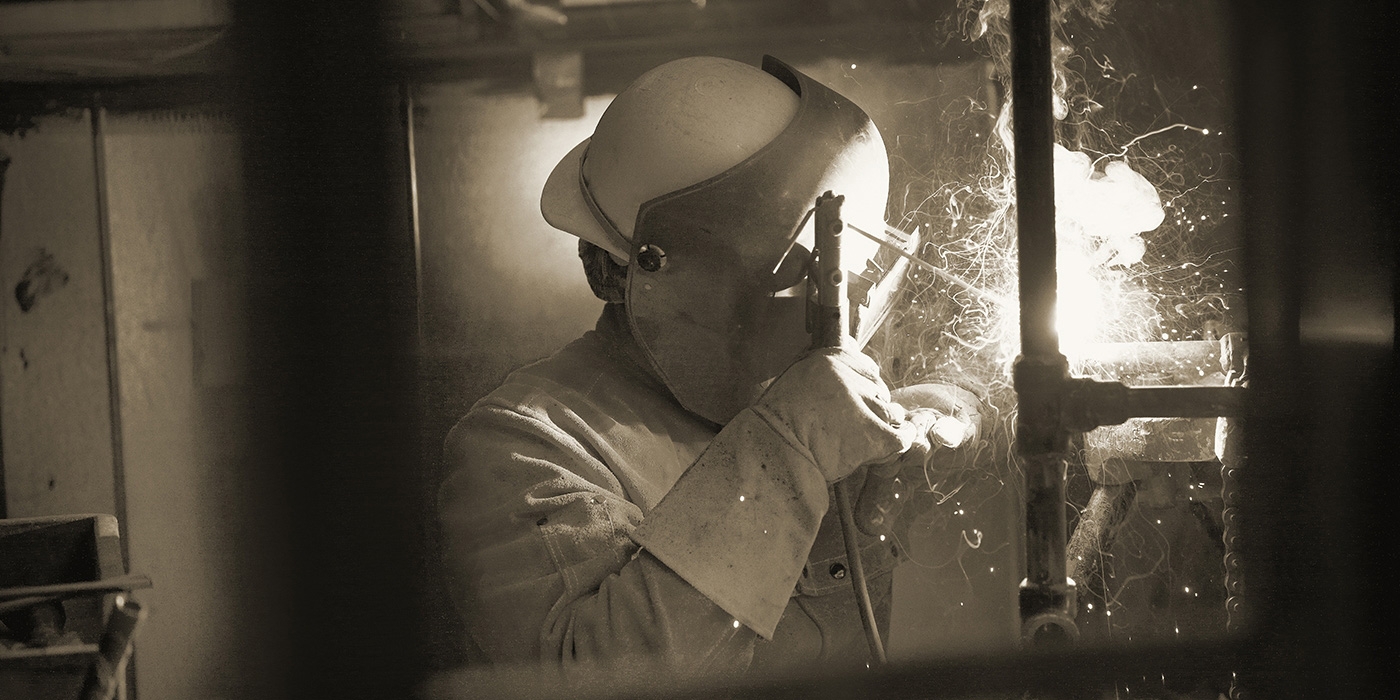

Discussion
Be the first to leave a comment.
You must be a member of the BuiltWorlds community to join the discussion.